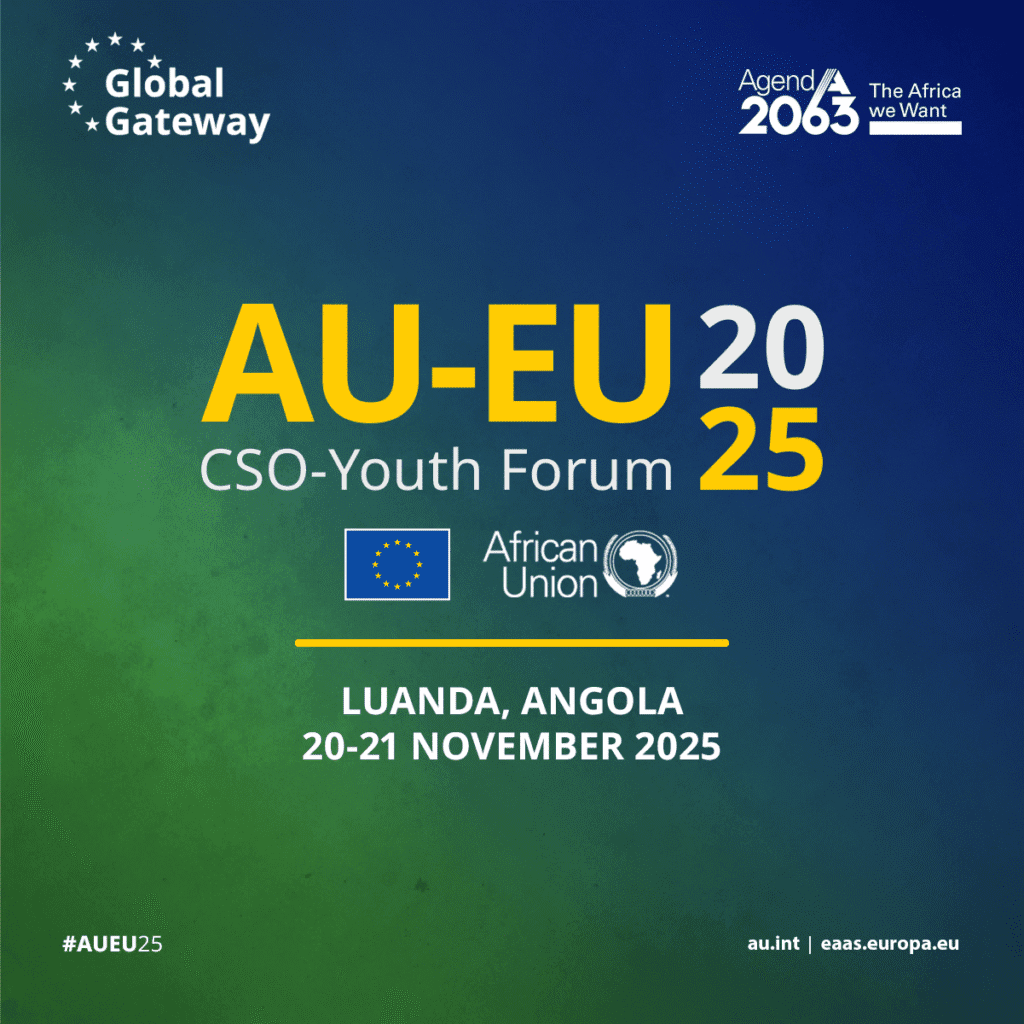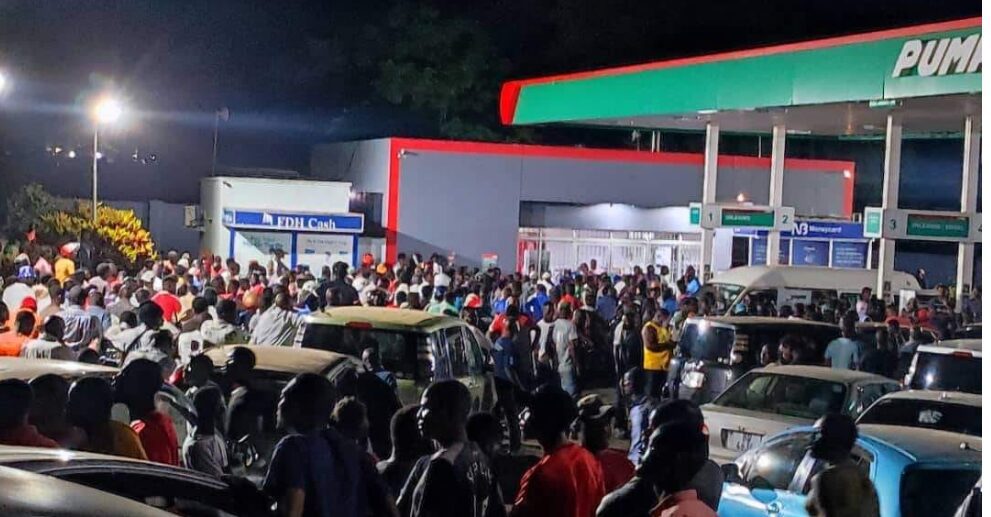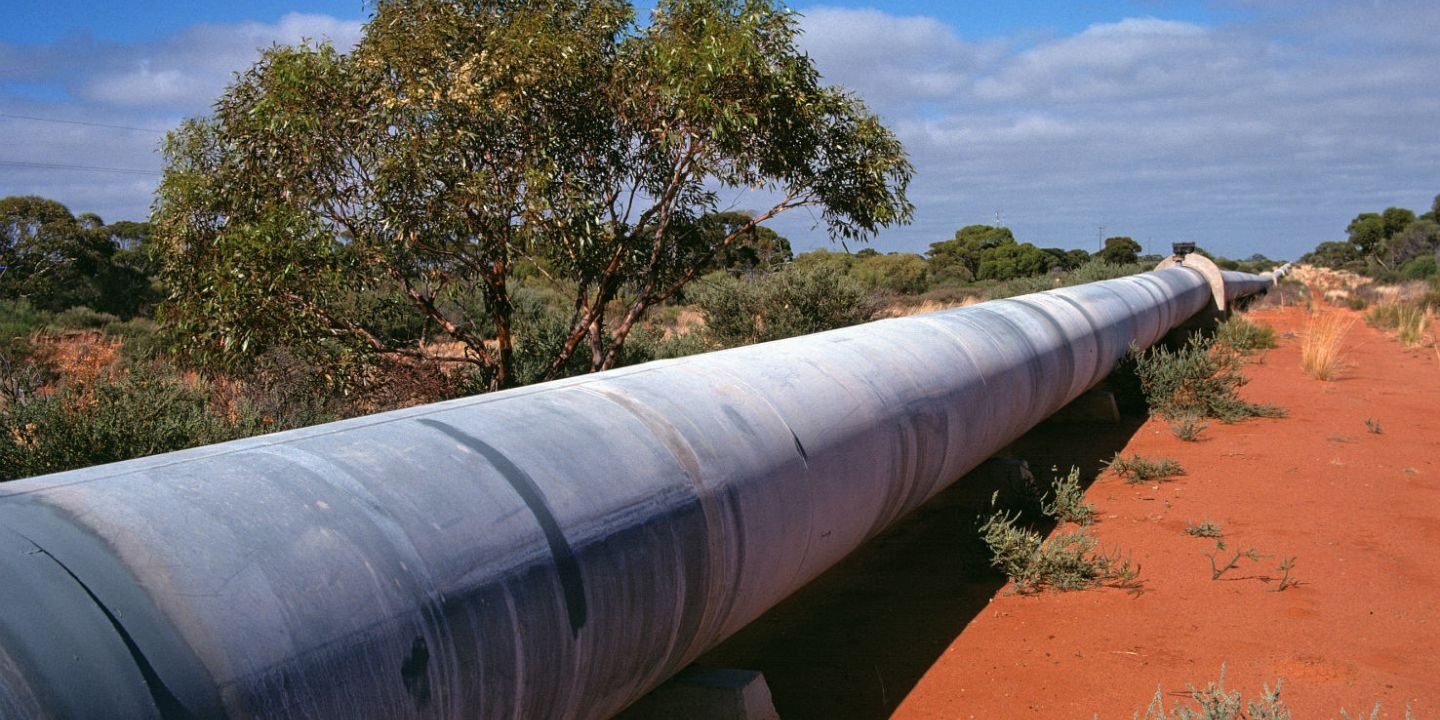
Friday 21st November 2025

by inAfrika Newsroom
AU EU youth forum delegates gathered in Luanda on Thursday to discuss jobs, climate, digital rights and governance ahead of next week’s AU–EU Summit. The Civil Society and Youth Forum runs from 20 to 21 November and brings together activists, experts and officials from both continents. Angola is hosting the events as current chair of the African Union.
Organisers said the AU EU youth forum will feed recommendations into the 7th AU–EU Summit on 24–25 November. Topics include education quality, civic space, digital inclusion and peacebuilding. In many cases, young participants are stressing that partnerships must move beyond high-level communiqués to track real changes in communities.
The forum also marks 25 years of formal AU–EU cooperation. Consequently, some sessions are taking stock of earlier commitments on migration, security and investment. Others are looking ahead, asking how climate and digital transitions can create opportunities instead of new divides. Meanwhile, European and African officials are using side meetings to shape language for summit outcome documents.
According to the draft agenda, youth groups want clearer channels to monitor how AU–EU projects spend money and deliver results. For example, they propose joint scorecards that track progress on skills programmes, entrepreneurship funds and internet access. They also call for more flexible mobility schemes for students and young professionals.
In addition, civil-society networks are pushing both unions to address shrinking civic space, disinformation and online harassment. Their proposals include stronger protection for human-rights defenders and codes of conduct for political actors on social media. After the forum closes, a consolidated set of recommendations will go to heads of state and government for consideration at the main summit.
The AU EU youth forum matters because it gives African young people a direct line into decisions that shape aid, trade and security policies. When they influence summit agendas, they can press for programmes that match real needs on the ground, such as affordable data, relevant skills training and access to finance. This, in turn, can help turn partnership language into jobs and services. Moreover, shared youth platforms build relationships that outlast any single summit cycle. Those ties can support cross-border activism on issues like climate justice, gender equality and digital rights. If leaders take the forum’s recommendations seriously, AU–EU cooperation could become more transparent, accountable and responsive to Africa’s majority youth population.


